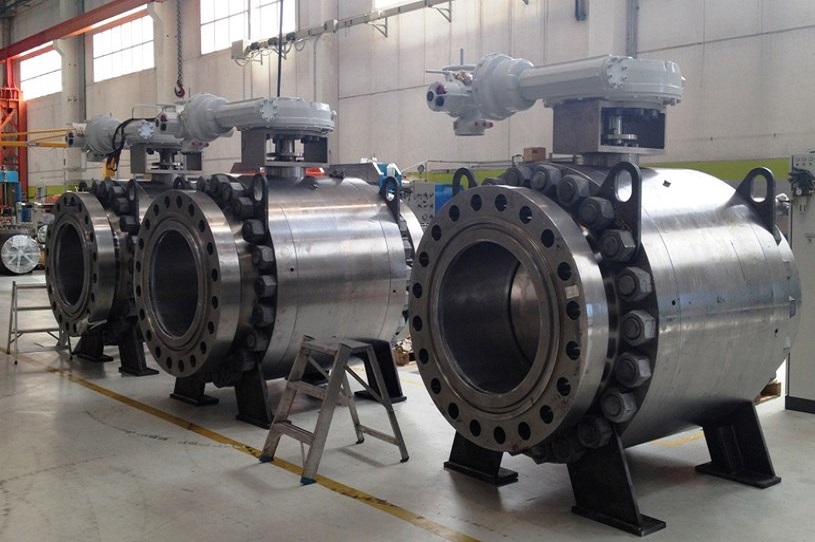
Most manufacturers adhere to strict guidelines laid for the valve manufacturing process. Hence, the chances of any damage to the ball valves in their early stage of construction are minimal. Like every other product, ball valves are subjected to stringent quality checks before they are packed and shipped for distribution.
Also Read : An Introduction To The Floating And Trunnion Ball Valves
Here's where mishaps can occur, causing the ball valve to incur minimum or maximum damage that cause leakages. The most obvious reasons are:
Perfectly-made ball valves can start leaking if they are not properly installed. Here are some of the common mistakes people make while installing ball valves:
Causes for internal leaks in ball valves during operation(H2)
Most of the causes for leakage in ball valves occur after they are installed and used in the industrial process. Valve experts blame the lack of maintenance as one of the most common reasons for leakages. In many facilities, the operation manager avoids or postpones maintenance checks because of the expensive maintenance costs. Leakages are unavoidable if the device fails due to the lack of valve management and preventive maintenance. There are other reasons why ball valves leak while they are in operation:
Oilway manufactures and supplies high-grade industrial valves for clients all across the globe. As Singapore's industrial valve manufacturers, we take extra care to ensure that our products are fault-free and in compliance with all quality standards.
Let's talk business today! Call our team @+86-21-69891289 to discuss your valve requirements and place an order.